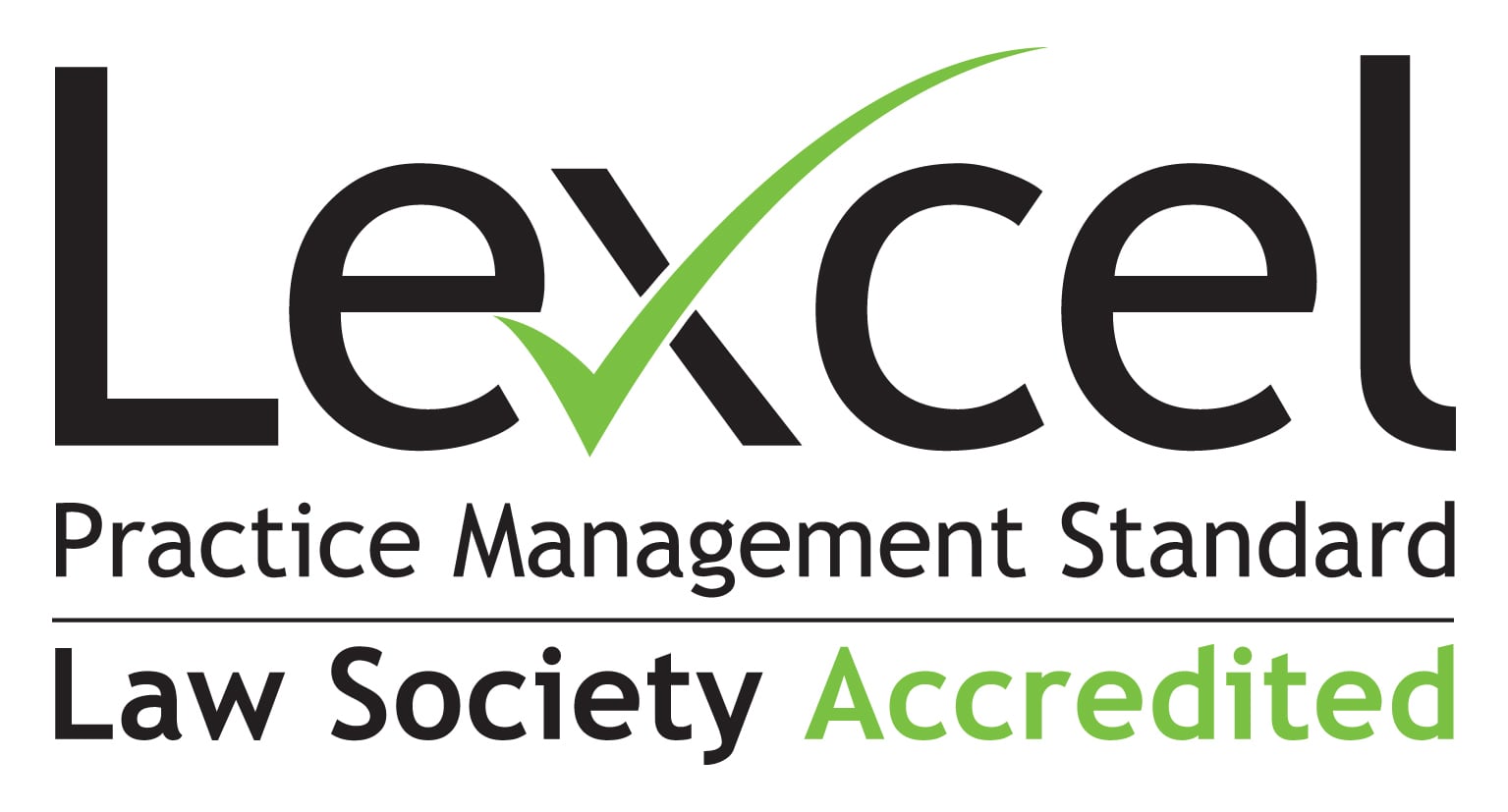UK tax law is almost unique in that it contains regulations which require professionals to advise HM Revenue and Customs (HMRC) of information regarding tax avoidance schemes (TAS). Failure to comply can lead to a penalty of up to £5,000 plus other charges.
HMRC regard a TAS that ‘distorts the tax system’ as being abusive and the purpose of the regulations is to enable them to respond quickly in order to block loopholes in the tax law. Where HMRC are advised of a TAS, they can attack it, if they think it involves an incorrect interpretation of tax law, or they can take measures to close it down by new legislation.
Tax avoidance is now subject to the General Anti-Avoidance Rule, which seeks to tax 'abusive' uses of tax law, in partcular arrangements that lack commercial purpose but have the effect of reducing tax liabilities.
Since 1 August 2006, TASs have had to be notified to HMRC shortly after they have been implemented. A TAS must be disclosed when:
- it will, or might be expected to, enable any person to obtain a tax advantage;
- that tax advantage is, or might be expected to be, the main benefit or one of the main benefits of the arrangement; and
- it is a tax arrangement that falls within any description (‘hallmarks’) prescribed in the relevant regulations.
The hallmarks referred to are various, but the main ones are:
- it is kept confidential from other promoters of tax advisory services;
- it is kept confidential from HMRC;
- it is marketed with a premium fee; or
- it is a scheme involving manipulation of losses or loss schemes.
If one or more of the above criteria are satisfied, then the scheme is a TAS and must be disclosed. Similar rules apply where the scheme is an ‘in-house’ avoidance scheme.
Once HMRC have been advised of the scheme, they will issue an eight-digit scheme reference number which must be supplied to users of the scheme and which they, in turn, must include in a return to HMRC.
Despite the occasional claim by tax consultants, HMRC never 'approve' as tax-avoidance scheme.
HMRC have published a guidance note on such schemes which can be downloaded from their website.
HMRC are continuously seeking to obtain details of UK resident holders of foreign accounts from all banks throughout the world and have entered into a number of information sharing agreements with foreign tax authorities, including several well-known tax havens noted for their secrecy laws.
HMRC have recently announced that they are intending to seek to require taxpayers' agents to provide lists of clients who have undertaken certain types of tax avoidance schemes.
The HMRC web page on disclosure of tax avoidance shemes is periodically updated to include the latest announcements by HMRC on the subject.






